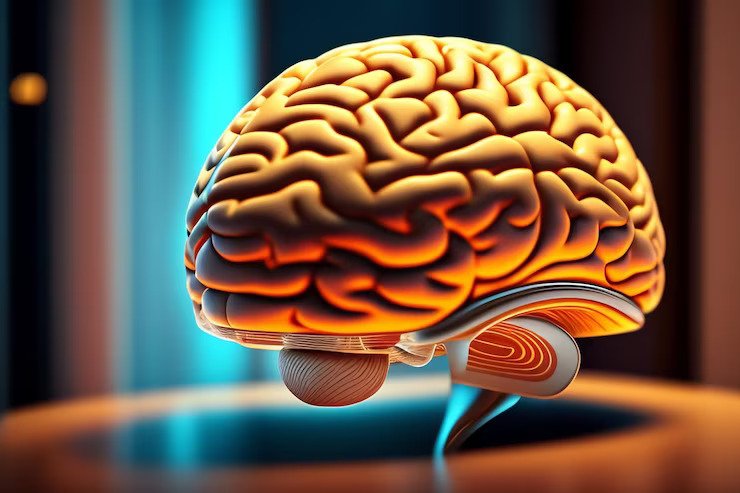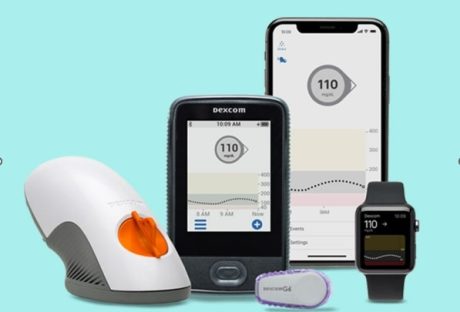With the regular electrical activity of the human brain, electrical impulses are coordinately discharged to the nerves, muscles, and the spinal cord. However, seizure disorders may arise when the brain’s electrical activity is disrupted.
The most common picture of someone having a seizure is losing consciousness and uncontrollable shaking. Seeing someone with these symptoms could be terrifying, but by knowing more about these conditions, you can recognize, respond, and even provide help and support to the affected individuals.
Understanding Seizures and Seizure Disorders
There are two major types of seizures: epileptic and non-epileptic. Epileptic seizures are unprovoked seizures that happen without a trigger. It’s also commonly called epilepsy.
Factors that may have caused epilepsy include stroke, tumors, and structural abnormalities, among other brain disorders. The condition is called “symptomatic epilepsy.” This condition commonly affects newborn and old individuals.
To manage this condition, a healthcare professional may first prescribe you low-dosage medications like Klonopin. Your doctor may adjust the dosage until your seizures are well controlled. To save on this medication, check out Klonopin Discount Coupon you may use in many pharmacies across the county.
Conversely, non-epileptic seizures are provoked by temporary conditions that irritate the brain. The triggers could vary from a head injury, a reaction to a drug, or an allergy.
Individuals already diagnosed with a seizure disorder are more likely to get seizures if they are sleep-deprived, intoxicated, under excess emotional or physical stress, or if they have suddenly stopped drinking or using sedatives.
Recognizing the Signs of a Seizure
A person about to have a seizure will feel what they call an “aura” or unusual sensations. The symptoms may include butterflies in the stomach, abnormal smells and tastes, déjà vu, jamais vu, and an intense feeling that a seizure is about to happen.
Phases of a Seizure
A seizure has three phases: aura and prodrome (beginning), ictal (middle), and postictal (end). The beginning phase includes the prodrome stage beside the aura. In this phase, an individual about to get a seizure will experience anxiety, mood changes, difficulty sleeping, lightheadedness, and difficulty staying focused.
In the middle phase, also called “ictal,” common signs include memory lapse, confusion, twitching, loss of muscle control, body convulsions, trouble breathing, repeated movements, and racing heart, among other signs.
In the last phase, or “postictal,” the epileptic person would experience fatigue, headache, confusion, lack of consciousness, shame, sore muscles, and thirst, among other experiences.
Responding to Seizures: Dos and Don’ts

It is safe to offer help if you have mastered the guide on responding to the situation and know what to avoid when offering support. Equip yourself with knowledge by reading this guide:
Dos
To help someone with a seizure, here are safe things you can do:
- Compose yourself
- Set a cushion to support their head
- Check if they have an epilepsy card or any identification that can help you with your next steps
- Remove any obstructions in the area that can injure them
- Lay them on their side
- Loosen their collar and other tight clothing
- Record how long the convulsions lasted
- Place them in a recovery position when the convulsions stopped
Don’ts
These are the things you shouldn’t do when helping an epileptic individual:
- Do not put anything between their teeth during convulsions
- Do not hold down the person
- Do not feed them or give them a beverage
- Do not leave them
Providing First Aid During a Seizure
You must ensure a safe environment and remove any potential hazards when providing first aid. For instance, if the person is in the middle of the road, you should move them, but if they are in an enclosed space, don’t try to carry them and transfer them to a bed. Just clear the space by removing the furniture away from the person.
As you ease the person to the floor, you can slowly turn them into one side to help them breathe. If the person is wearing glasses, remove them from their face. You should also time the seizure and call an emergency team if it persists after five minutes. A first aid & CPR course teaches an individual how to respond quickly and effectively to emergencies, providing immediate assistance until professional help arrives.
It’s also important to observe them while having seizures so you can give the medical team more information on what happened.
Seeking Medical Attention and Diagnosis
To detect the cause of seizures and diagnose epilepsy, one must undergo evaluations like a neurological exam, blood tests, and genetic testing. To know more about these tests, read the information below:
● Neurological Exam
This evaluation covers testing a person’s motor abilities, behavior, and mental functions, among other areas. This could help your doctor determine what type of epilepsy you may have and diagnose your condition.
● Blood Tests
With blood tests, your doctor can detect if you have infections or genetic conditions that may have caused the seizures.
● Generic Testing
Generic Testing is commonly administered to children to give more information about the condition so doctors can come up with ways to treat it.
Conclusion
Some epileptic individuals feel embarrassed about their conditions, as some still think that epilepsy is contagious or something that makes a person less capable of doing things and thinking on their own. Through this blog, we hope many would promote epilepsy and seizure disorder awareness, debunk misconceptions about this condition, and willingly offer help to individuals with epilepsy.
Read Also:






















